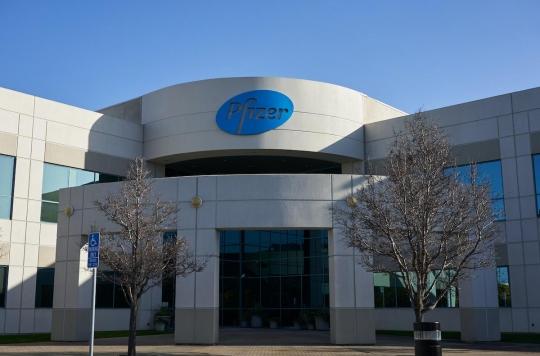The European Medicines Agency has just given the green light for the use of the vaccine from Pfizer and BioNTech. At the same time, researchers from Oxford and AstraZeneca gave more details on the action of their vaccine planned for the first quarter of 2021.

- The European Medicines Agency recommends vaccinating only people over the age of 16.
- The agreement of the European Commission to kick off the vaccine campaign should take place within the next 48 hours.
- The Oxford and AstraZeneca vaccine provokes good immune responses and stimulates T cells, involved in the destruction of cells infected with Covid-19.
Europe will soon embark on a vaccination campaign whose objective is to put an end to the circulation of the new coronavirus SARS-CoV-2. This Monday, December 21, the European Medicines Agency has just approved “under conditions” the Pfizer – BioNTech vaccine, in particular that of vaccinating only people over 16 years of age. It still remains to have the agreement of the European Commission, which should intervene in the next 48 hours, before launching the vaccination campaign in the whole of the European Union which has nearly 450 million inhabitants.
The European Medicines Agency has given a positive evaluation of the BioNTech-Pfizer vaccine.
The vaccine is both safe and effective.
Next step: we will grant a marketing authorization in the EU ???????? so that the vaccination campaign can start.#SafeVaccines https://t.co/xg1w1Tt3jn
— European Commission ???????? (@EU_Commission) December 21, 2020
Good immune response from Oxford and AstraZeneca vaccine
Researchers at the University of Oxford, who are developing a vaccine against Covid-19 in partnership with the pharmaceutical company AstraZeneca, have just published two articles on December 17 in the journal NatureMedicine presenting new results from their clinical trials. Their vaccine, called ChAdOx1 nCoV-19, stimulates broad functions of antibodies and T cells, key elements of the immune system to fight Covid-19.
“This very detailed analysis of immune responses to ChAdOx1 nCoV-19 further strengthens the potential of this vaccine to induce protection against Covid-19 disease and provides additional assurance of the safety of this approach.welcomes Katie Ewer, lead author of one of the articles. With these advanced immunological techniques, we can better understand the different cellular and antibody-mediated mechanisms that contribute to the protection afforded by this vaccine, as demonstrated by recent data from subsequent phase 3 trials..”
Stimulated T cells
The researchers tested two vaccination schedules: the first with the injection of two standard doses and the second with a second lower dose. The results showed increased immune system responses and low reactogenicity, which is a hypersensitive reaction in the body that can lead to unwanted side effects. The double dose, in all cases, showed better response than a single dose”which justifies the decision taken to switch to a two-dose vaccination schedule in clinical phase III”, wrote the researchers.
Specifically, the vaccine stimulates a subset of T cells known to be particularly effective at clearing virus-infected cells from the body during infection. “This type of T cell response in combination with the detailed antibody profile is very favorable for an effective vaccine and further supports the profile of this vaccine as a safe vaccine.”, concluded the researchers.

.














